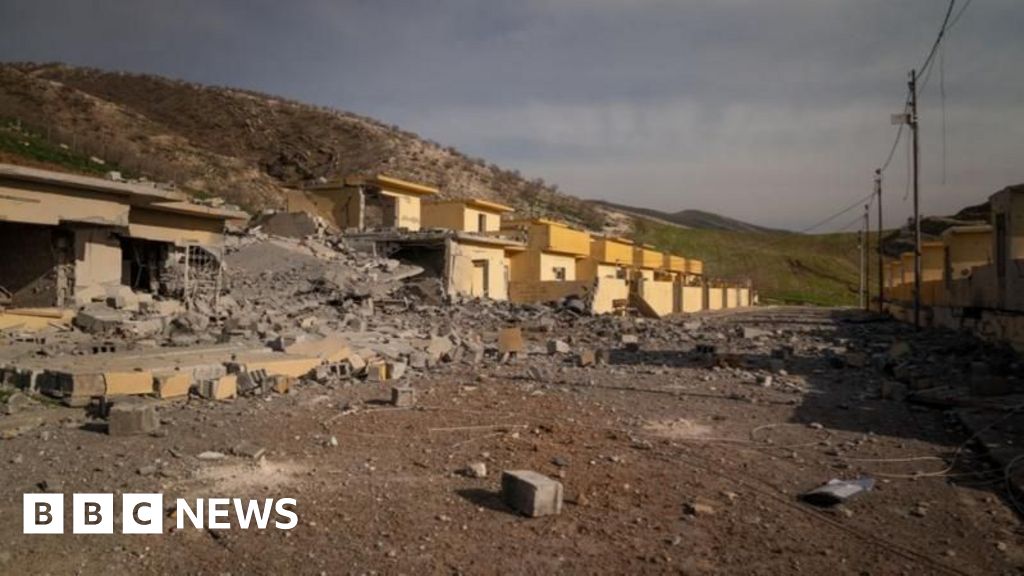
A viral LinkedIn and X post by a man claiming to have “digitally transformed” SAPS document certification is false.
Graphic: Andrew Thompson. Image: Screencapture
- A viral LinkedIn and X post by a man claiming to have “digitally transformed” SAPS document certification is false.
- The South African Police Service has confirmed that no such system exists and labelled the post as fake news.
- Official document certification in South Africa still requires an in-person visit to a police station or Commissioner of Oaths.
It’s an idea most South Africans would welcome – the ability to certify documents from home, without having to queue at a police station or twist a lawyer friend’s arm. But the viral post promising a new way to certify documents is fake.
The source of these claims appears to be a LinkedIn user named Lebogang Mpho Sebopetji. In a post, still live on the platform, he claimed he had “developed an innovation to digitally transform the way South Africans certify documents”, called Digital Document Certification.
He described an app that could supposedly integrate with the South African Police Service (SAPS), Home Affairs, and SITA, using “AI, biometrics and encryption” to produce “tamper-proof” certified documents.
Below the app details on the LinkedIn post, Sebopetji points to the fact that this is not yet approved, saying: “I would love to partner with the South African government, South African Police Service (SAPS), SITA SOC (Ltd), and the Department of Home Affairs to pilot and expand this initiative nationwide.”
READ | Web of deceit: How Indian fake news ring used SA school website, YouTube exec’s stolen ID
Screenshots purporting to show the app’s interface, and claims that it is already operational, have been widely shared – one post on X has been viewed more than 500 000 times and liked more than 8 000 times.
If his online résumé is to be believed, Sebopetji is simultaneously a first-year student, cybersecurity analyst, fintech founder, and government-tech pioneer – a stretch that should raise eyebrows even before SAPS weighed in.
Sebopetji presents himself online as a software developer “building South Africa’s Silicon Valley”, with credentials that include a “Diploma in Software Development” from IIE Rosebank College (listed as running from February 2025 to November 2027), as well as certifications from Amazon Web Services, Cisco, and Oracle.
Based on his LinkedIn posts, he has been a busy student. His feed features several self-proclaimed projects and concepts, including a “smart attendance tracking system”, an “eZAccess digital ID wallet” that includes “prototype” documents bearing government insignia, and a “fintech concept” to convert airtime and data into cash.
He also presents a “prototype” project with Capitec branding called Capitec SharePay, which he describes as “the future of group payments in South Africa”. It links to an online calculator that does not function as claimed.

Screenshots purporting to be from the app are little more than fake mockups.
Graphic: Andrew Thompson Images: Screencaptures
SAPS confirms no document-verification app exists
The South African Police Service issued a public statement debunking the claim. Above an image of the fake app on X, SAPS wrote: “The SAPS has noted with great concern the circulation of #FakeNews on social media. We urge members of the public who have published, seen, or received this false information to ignore it and refrain from sharing or spreading it further.”
There is no evidence that SAPS, the Department of Home Affairs, or SITA have partnered with any private individual on a digital document-certification system. No government tender, pilot project, or press release references such a product.
Cybersecurity experts warn that uploading personal documents to unverified websites is never advisable and could expose users to identity theft or data breaches.
How document certification (still) works in South Africa
In South Africa, documents are certified in person by a police officer, Commissioner of Oaths, or other authorised official.
According to the Department of Justice and Constitutional Development, you must bring both the original document and your own photocopy to be certified. Commissioners of Oaths – found at most police stations, Post Offices, banks, or lawyers’ offices – will compare the copy with the original, then stamp, sign, and add their name, designation, and contact details to confirm it is a true copy.
SAPS stations nationwide continue to offer this service free of charge during office hours. No mobile app, online platform, or third-party digital certification system has been approved or launched by the government.
Until South Africa’s laws and infrastructure allow digital verification, if ever, any online offers of “digital certification” should be treated as fraudulent.
*At News24, facts matter. This article was produced by the News24 Fact Check Desk and supported by Truth First. If there is something you’d like us to check out, debunk or uncover, send an email to our desk at debunk@news24.com.
 (1).png)
 4 months ago
30
4 months ago
30

















